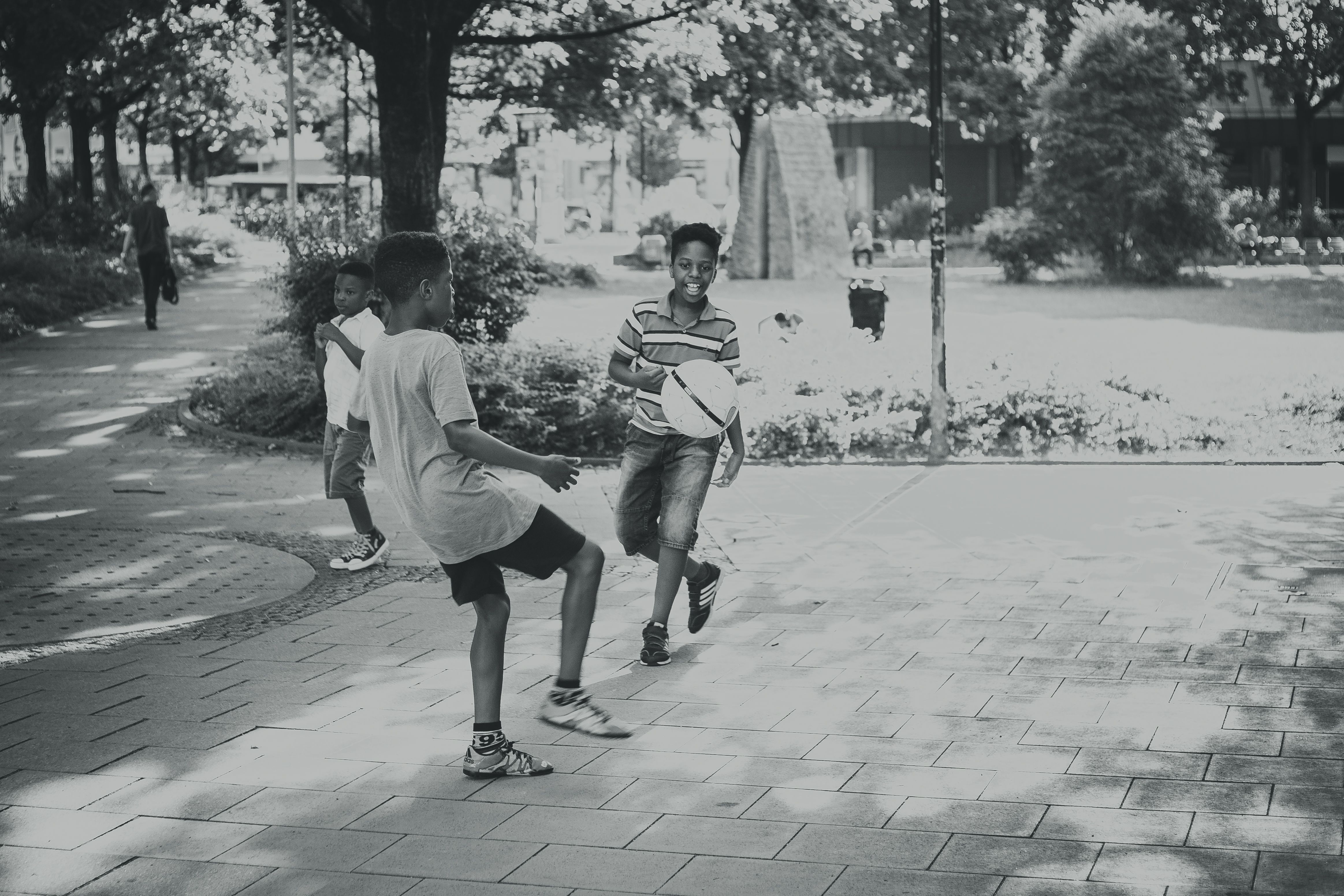
In any type of relationship, it can be difficult to tell the difference between someone who is protective and someone who is controlling, especially if they try to cover it up as being protective. It is normal and natural for us to want to protect the people we care about, but we have to be careful to not become controlling of someone else's actions and choices. You may start to feel uncomfortable with some of the things your partner This is when the “protective” behavior becomes unhealthy. There are warning signs of a partner who may become controlling rather than protective. Here are a few listed below:
Wants to know where you are and who you’re with
This can be a hard thing to pick up on as controlling because your partner may disguise this as wanting to know you’re safe and okay. If it becomes more demanding and they want to know this information all the time, this is a sign your partner may become controlling.
Criticizing your friends and family
Your partner may criticize your other relationships. It becomes controlling when they try to persuade you to stop going around your friends and family simply because they think it’s best for you or doesn’t want you to.
Telling you what to wear
It is your decision what you choose to wear. It is okay for someone to make a suggestion or provide input if you ask, but your partner should not be telling you what you can and cannot wear.
Making all the decisions
In a relationship, it is important to communicate about your relationship and the decisions you both have to make. It is important that your partner includes you in the decision-making and take your thoughts into consideration. If your partner continues to make decisions that affect you both without you, this may be a sign your partner is becoming controlling.
Guilt-tripping
Your partner may try and guilt trip you into staying home, for example, when you want to go out with your friends. This can look like “You haven’t spent any time with me this week. If you cared about me you’d stay.” Your partner is attempting to control how you are spending your time.







